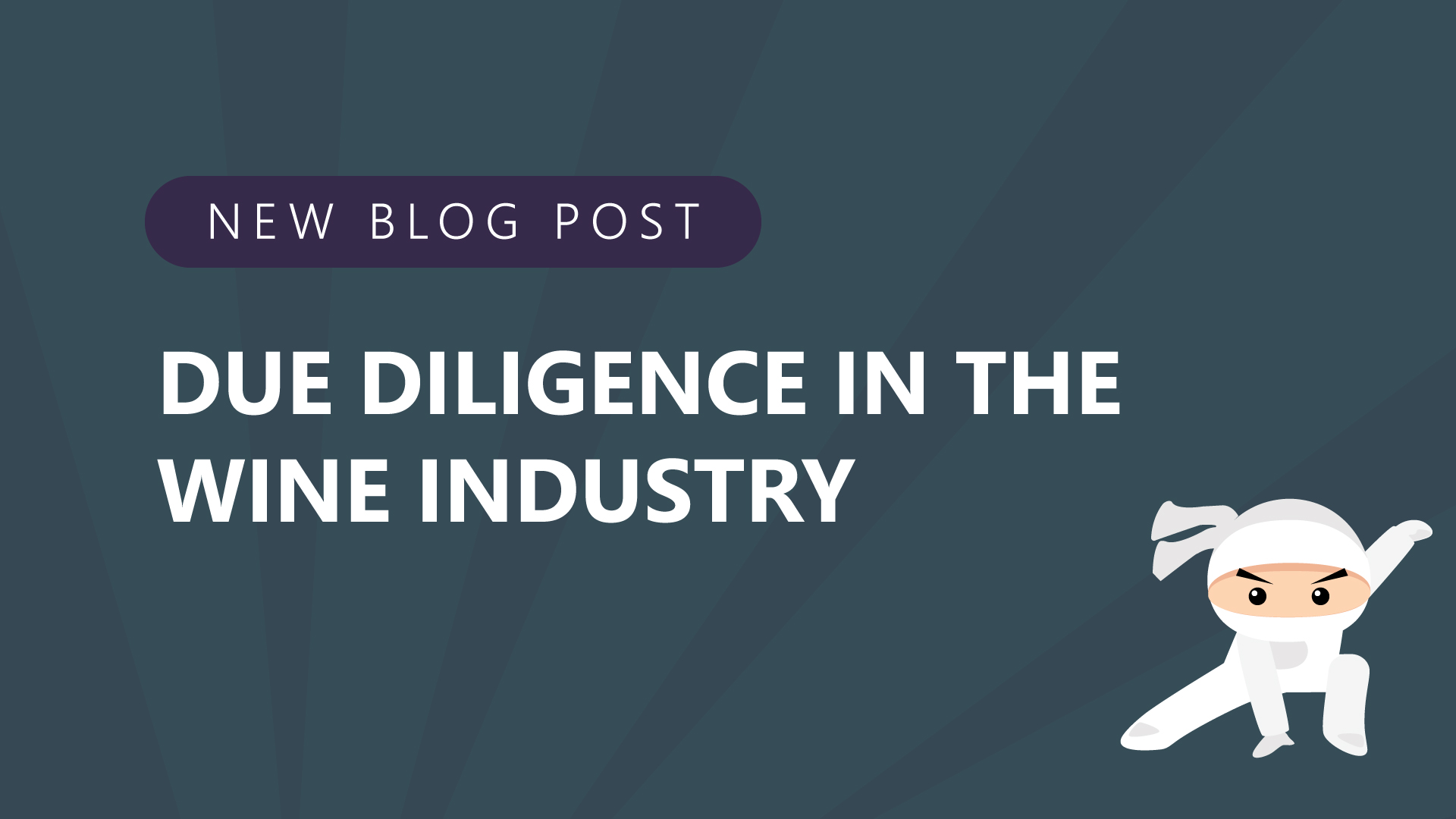Why would someone want to buy a winery? What is their motivation? What are their objectives?
According to James Cluer—a designated Master of Wine and owner of Fine Vintage LTD—due diligence in the buying process is everything. You can’t just buy a winery or buy land and hope for the past. You need a detailed business plan.
How does James start the process, before even doing due diligence?
Due diligence in the wine industry
James usually starts the process by asking his clients what their budget is and what they’re looking to get out of the purchase. So if someone has 5 million dollars and asks if he can make their dream happen, he’ll help them lay out a business plan.
Secondly, they paint a clear picture of what their ideal wine looks like, smells like, and tastes like. They plan out pricing, packaging, and their ideal client. Only then do they start the search for the right vineyard to make it.
Perhaps they’re looking for a super premium site for Cabernet Sauvignon. They need at least 10 acres. James starts networking with everyone in the industry. They’ll talk to farmers and growers. Most wineries aren’t officially for sale. But ultimately, everything is for sale for the right prices.
The due diligence process
Once you identify potential targets, you start the due diligence process. James uses an extensive checklist that includes things like:
- Visual inspection of the site: What is the topography? Is it flat? Is it sloped? Are their frost pockets?
- Visual inspection of the vines: How do the leaves and clusters look? How is the vine spacing and trellising?
- Sensory analysis: How are the wines that are produced? How do they taste? How are they used? Standalone, or in a blend? Were the grapes sold to someone else? If so, what do they think of them?
- Are there any problems with the site or the farming of the suite? Are the crops too high? Are they using the right technique? Can you do better? Can you double the quality?
- Gather laboratory analysis: You have to get soil samples and test for bugs, diseases, pH levels, etc.
- Water/irrigation: Where are you getting water from?
- Roads: How will you access the vines? What are the roads like?
- Fencing: Do you have proper fencing to mitigate things like deer?
This is some of what James helps his clients look at in the due diligence process.
Why you should plan before buying
Once you figure out what you’re trying to do, then you figure out what you need to make that product. You should avoid doing it the other way around. Why?
James met someone who’d bought a four-acre parcel in Richmond to build a winery. When James went to see the land, it was a water-logged blueberry field. The soil was too wet. James knew it would be a disaster. They could build drainage, bring in different soil, etc. but it would be costly. That’s why you have to reverse-engineer everything.
Making the wine is the “easy” part. Selling wine is the complicated part. You need to figure that out first. The financials need to make sense. You need to know what you want to achieve from any negotiation. Once you create what that looks like for you, you can develop a strategy.
James spends most of his first meetings with clients explaining all of the reasons they shouldn’t get into the wine business. He is upfront and shares all of the things that could go wrong. Only once they’re fully informed can they go in with eyes wide open.
Learn more about negotiating vineyard or winery purchases in episode #429 of the Negotiations Ninja podcast!

